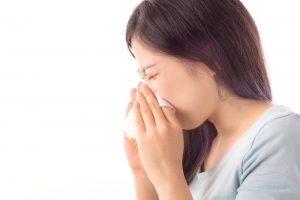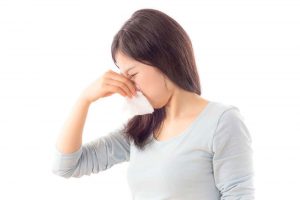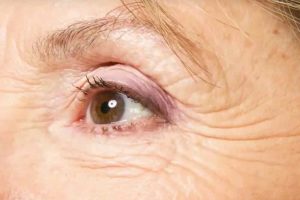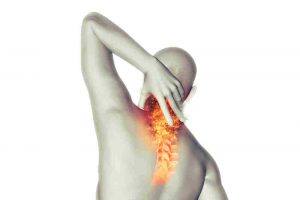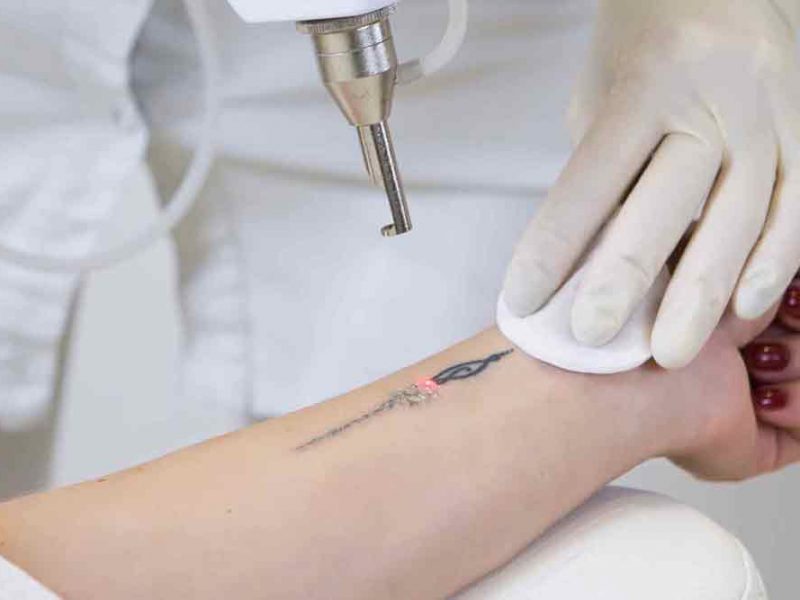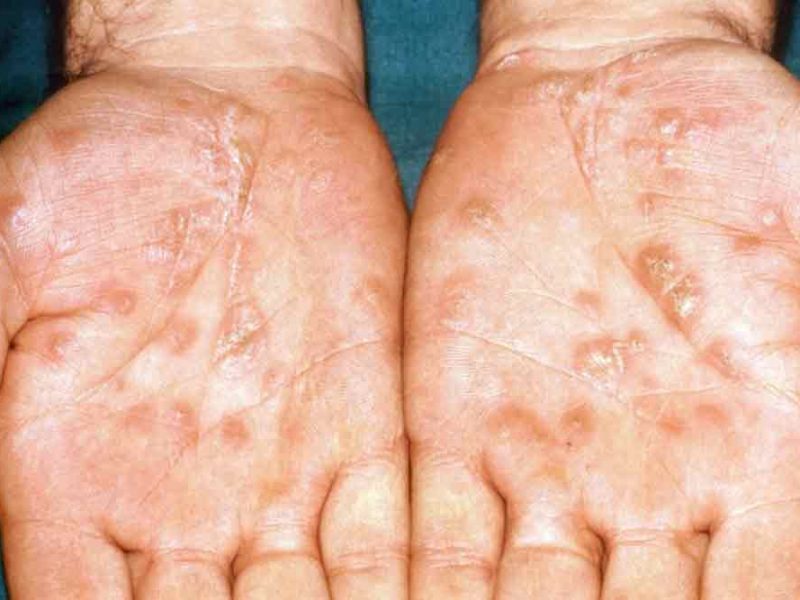Caffeine: How much is too much?

Caffeine has its advantages, yet it can present issues as well. Figure out how much is excessively and assuming that you really want to check your utilization.
Assuming you depend on caffeine to awaken you and make a big difference for you, you’re in good company. A huge number of individuals depend on caffeine consistently to remain alert and further develop fixation.
How much is too much?
Up to 400 milligrams (mg) of caffeine daily has all the earmarks of being alright for most solid grown-ups. That is generally how much caffeine in four cups of blended espresso, 10 jars of cola or two “energy shot” drinks. Remember that the genuine caffeine content in refreshments differs generally, particularly among caffeinated drinks.
Caffeine in powder or fluid structure can give harmful degrees of caffeine, the U.S. Food and Drug Administration has forewarned. Only one teaspoon of powdered caffeine is comparable to around 28 cups of espresso. Such elevated degrees of caffeine can cause serious medical conditions and conceivably demise.
Despite the fact that caffeine use might be ok for grown-ups, it’s anything but smart for youngsters. Teenagers and youthful grown-ups should be advised about exorbitant caffeine admission and blending caffeine in with liquor and different medications.
Ladies who are pregnant or who are attempting to become pregnant and the individuals who are bosom taking care of ought to talk with their PCPs about restricting caffeine use to under 200 mg everyday.
Indeed, even among grown-ups, weighty caffeine use can cause unsavory secondary effects. What’s more, caffeine may not be a decent decision for individuals who are exceptionally delicate to its belongings or who take specific meds.
Peruse on to check whether you might have to control your caffeine schedule.
You drink multiple cups of espresso daily. You might need to scale back on the off chance that you’re drinking multiple cups of juiced espresso daily (or the same) and you have incidental effects, for example,
- Cerebral pain
- A sleeping disorder
- Anxiety
- Touchiness
- Incessant pee or failure to control pee
- Quick heartbeat
- Muscle quakes
- Indeed, even a little makes you unsteady
- Certain individuals are more delicate to caffeine than are others. On the off chance that you’re defenseless with the impacts of caffeine, even modest quantities might provoke undesirable impacts, like anxiety and rest issues.
How you respond to caffeine still up in the air to a limited extent by how much caffeine you’re accustomed to drinking. Individuals who don’t routinely drink caffeine will generally be more delicate to its belongings.
You’re not getting sufficient rest
Caffeine, even in the early evening, can obstruct your rest. Indeed, even modest quantities of rest misfortune can add up and upset your daytime sharpness and execution.
Utilizing caffeine to veil lack of sleep can make an unwanted cycle. For instance, you might drink jazzed refreshments since you experience difficulty remaining conscious during the day. Yet, the caffeine holds you back from nodding off around evening time, shortening the time span you rest.
You’re taking drugs or enhancements
A few drugs and natural enhancements might connect with caffeine. Models include:
- Ephedrine. Blending caffeine in with this medicine — which is utilized in decongestants — could expand your gamble of hypertension, coronary failure, stroke or seizure.
- Theophylline. This medicine, used to open up bronchial aviation routes, will in general have some caffeine-like impacts. So taking it with caffeine could build the unfavorable impacts of caffeine, like queasiness and heart palpitations.
- Echinacea. This natural enhancement, which is at times used to forestall colds or different diseases, may expand the convergence of caffeine in your blood and may build caffeine’s undesirable impacts.
- Converse with your PCP or drug specialist about whether caffeine could influence your meds.
Controling your caffeine propensity
Whether it’s for one reason above or in light of the fact that you need to manage your spending on espresso drinks, scaling back caffeine can challenge. An unexpected decline in caffeine might cause withdrawal side effects, for example, cerebral pains, weakness, peevishness and trouble zeroing in on assignments. Luckily, these side effects are generally gentle and get better following a couple of days.
To change your caffeine propensity, attempt these tips:
Keep tabs. Begin focusing on how much caffeine you’re getting from food varieties and refreshments, including caffeinated drinks. Peruse marks cautiously. Yet, recollect that your gauge might be somewhat low since certain food varieties or beverages that contain caffeine don’t show it.
Scale back slowly. For instance, drink one less container of pop or drink a more modest mug of espresso every day. Or on the other hand try not to drink charged refreshments late in the day. This will assist your body with becoming accustomed to the lower levels of caffeine and diminish potential withdrawal impacts.
Go decaf. Most decaffeinated refreshments look and taste similarly as their charged partners.
Abbreviate the brew time or go home grown. While making tea, brew it for less time. This eliminates its caffeine content. Or on the other hand pick natural teas that don’t have caffeine.
Actually look at the jug. Some over-the-counter pain killers contain caffeine. Search for sans caffeine pain killers all things considered.
The Bottom Line
In the event that you’re similar to most grown-ups, caffeine is a piece of your day to day daily practice. Generally, it won’t represent a medical issue. Yet, be aware of caffeine’s conceivable secondary effects and be prepared to scale back if vital.



